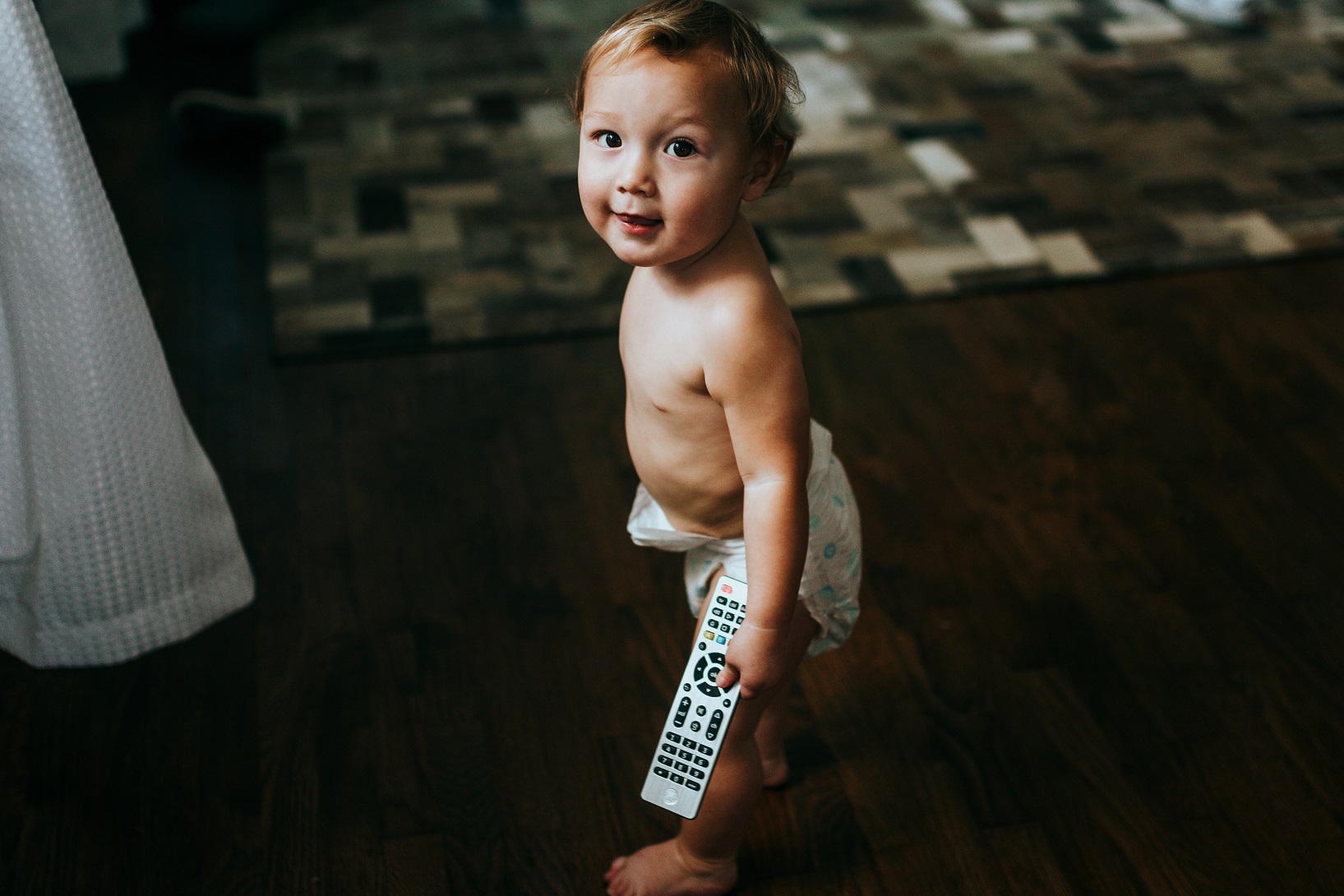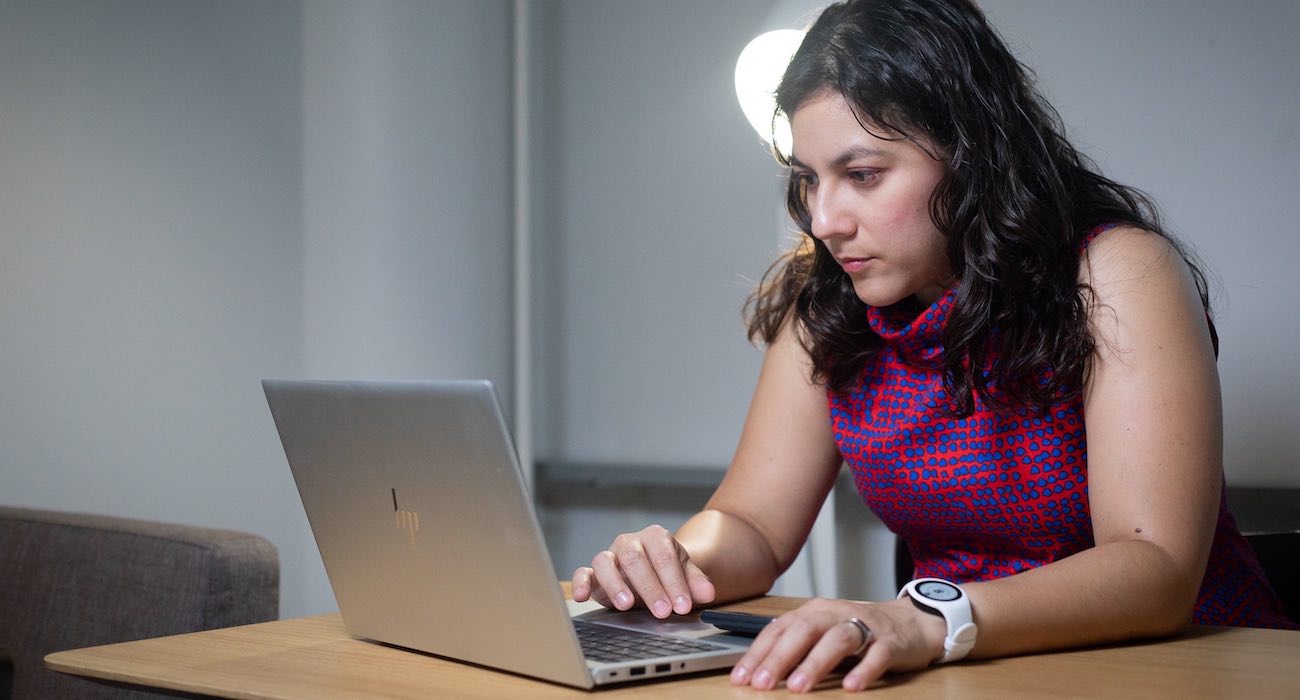While it may be tempting at the end of a particularly challenging day when a parent has been running helter-skelter from to and from work or around the house trying to balance cleaning, cooking, and caring for kids, to plop an infant down in front of some cartoons for half an hour’s peace.
It must be reported however that more and more research is finding that screen time during 0-24 months at any point can lead to developmental delays in speech, cognition, problem-solving, and more, by age 4.
While the American Academy of Pediatricians (AAP) won’t say outright that there should be no screen time in the first year of life because of several caveats, their official recommendation as of 2016 was less than 1 hour.
More recently, researchers conducting a broad investigation into the effects of screen use on developmental markers in Japanese infants found that even minimal screen use affected not one, but multiple domains of childhood development.
They point out that the bulk of published scientific literature on the subject has focused on single development outcomes, such as fine motor skills, verbal communication, problem-solving, personal and social skills, daily living skills, and socio-emotional development, while only 2 cited sources sought to discover whether screen use infants affected several of these at once. That was their primary goal.
“The second question is whether the association between children’s screen time and developmental delay continues with age,” the authors explain in their introduction. “To our knowledge, only 2 studies have examined whether screen time is associated with child development outcomes at several later time points… both studies did not support an association between children’s screen time at a single point and child development outcomes at 2 or more later points.”
The study consisted of 7,000 infants and toddlers, but was limited slightly because the amount of all device screen time was measured by the recollection of the parents. The categories were less than 1 hour, between 1 and less than 2, between 2 and less than 4, and 4 or more.
The findings
Half of the children were reported to see screens between 0 and less than 1 hour, while 30% of the children used screens between 1 hour and less than 2, and 18% used them between 2 hours and less than 4. Four hours or more was a cohort of only 290 children, this group was at significant risk of developmental delays at age 2 and at age 4
The most significant risk of delays among the four developmental domains was for communication, with the risk at 5 times higher for the >4 hour group, but still 1.6 times higher for the 1-2 hour group, and 2 times higher in the 2-4 hour group.
Problem-solving was also significantly impacted, more so than fine motor skills or personal and social skills. Screen time for children aged 1 year was associated with delays in fine motor and personal and social skills domains at age 2, and became statistically insignificant at 4 years.
The content of screen time could play a difference, and both the AAP and the Japanese paper cite research that shows screen time featuring high-quality educational content can boost language skills. The devil will probably lie though in the details, for example of what content is being consumed, or whether the content is present alongside meal times or before bed.
In fact, the AAP cited evidence that showed the chief factor that facilitates toddlers’ learning from commercial media (starting around 15 months of age) is not the media itself, educational or not, but parents watching with them and reteaching the content.
The 2016 report Media and Young Minds looked at older children than the Japanese paper—between 2 and 5, but they recommended less than 1 hour in general, of even high-quality programming.
An interesting caveat is video calling. Emerging evidence shows that at 24 months of age, children can learn words from live video chatting with a responsive adult. WaL



